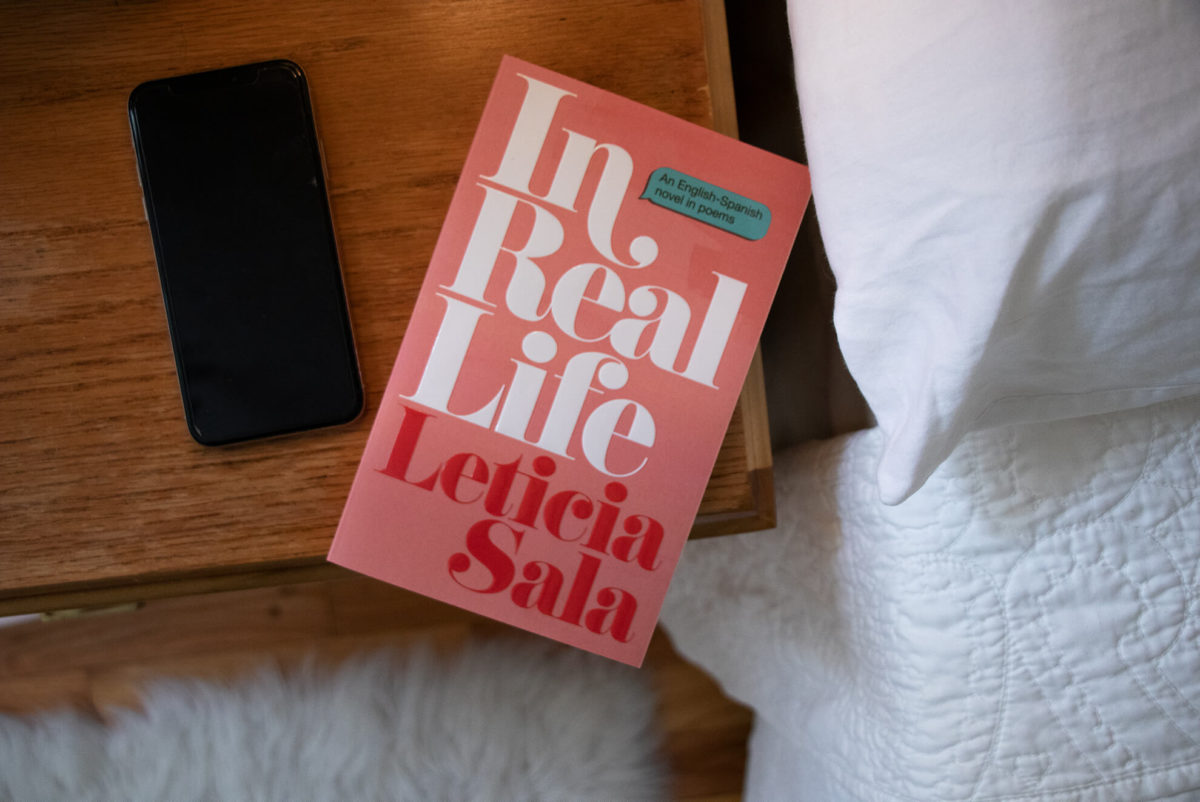A Spotlight on Multilingual Poetry
If we want to look at poetry from an international perspective, multilingual work is a great place to start. By integrating different languages to create new meaning, bilingual and multilingual poetry can bridge the gap between readers and cultures. Writers from across the globe have achieved international acclaim through their multilingual work. To celebrate the many backgrounds and languages poets draw from across the world, we’re highlighting eight poems by multilingual poets.
“América” by Richard Blanco
Award-winning poet Richard Blanco was born in Madrid and raised in Miami, Fl. Among his many works, his most acclaimed collection is Looking for the Gulf Motel (2012). The book received a Thom Gunn Award, the Maine Literary Award, and the Patterson Prize. In 2013, Blanco served as the fifth inaugural poet of the United States, performing his poem “One Today.” His poem “América” explores the feelings of a young boy as he compares his family’s Spanish-style Thanksgiving celebration to an American one.
“Bilingual/Bilingüe” by Rhina P. Espaillat
Born in the Dominican Republic under Rafel Trujillo’s dictatorship, poet Rhina P. Espaillat and her family were exiled to the U.S. Espaillat began writing poetry in Spanish, then later in English; she has since published extensively in both languages. Among her numerous collections is Where Horizons Go (1998), which earned the T.S. Eliot Prize. “Bilingual/Blingüe” explores the speaker’s changing relationship with her father as her command of the English language improves.
“Borderbus” by Juan Felipe Herrera
Juan Felipe Herrera needs little introduction. His greatest claim to fame is his service as U.S. Poet Laureate in 2015. During this time, he launched La Casa De Colores, which invited citizens to contribute to an epic poem. “By contributing to La Familia, you will be part of my family—and all our words will be seen and our voices heard…” he wrote. “Borderbus,” from his 2015 collection Notes on the Assemblage, tells the story of two people waiting on a bus in the midst of fear and confusion.
“Chinese” by Ouyang Yu
Poet, critic, and translator Ouyang Yu has published more than 20 books in Chinese and English, including three books of poetry. His third collection, Foreign Matter, earned the Australian Fast Books Prize for Best Poetry in 2003. His work often interrogates Australian culture and diversity. His poem “Chinese” tells a thought-provoking story in just three short lines.
“I Couldn’t Love You” (Yo No Podría Quererte) by Leticia Sala
Barcelona-based poet, screenwriter, and lyricist Leticia Sala regularly writes in both Spanish and English. Her latest work, In Real Life (2020), is her second literary release in the U.S. The bilingual novel-in-poetry tells the story of a long-distance relationship in the modern era. Her poem “I Couldn’t Love You” is a reminder of what we learn from our past.
“In Dis Newfangled Oz” by Joe Balaz
Hawaii-based poet Joe Balaz draws on his Hawaiian, Slovakian, and Irish heritage in his work. Combining American English and Pidgin (Hawaiian Creole English), Balaz is one of the most prominent poets in native Hawaiian literature. His poem “In Dis Newfangled Oz” was published by Rattle in 2016. “This Hawaiian Island Pidgin poem relates to the intriguing campaign for the presidency of the United States of America. It uses satire to focus on one of the candidates that has presented himself as an outsider and agent of change,” he told Rattle.
“Reconstruction” (Rekonstrukcija) by Mario Suško
Croatian poet, professor, and translator Mario Suško has published 22 poetry collections and countless translations from American Literature. Suško has lived in and out of the U.S. for the past 32 years, and he knows well the careful balance of translating poetry. His poem “Reconstruction” comes from his 2001 collection The Life After and tells of the speaker’s complex relationship with their mother.
“Tinfoil” (Scragall Stáin) by Doireann Ní Ghríofa
Poet and essayist Doireann Ní Ghríofa has published work in both Irish and English. She’s the author of six critically acclaimed books of poetry. Ghríofa’s work often explores themes of birth, death, desire, and domesticity. Her poem “Tinfoil,” from her 2017 collection Oighear, tells a sparkling, vivid, and captivatingly surreal story of a simple household item.
If you want more multilingual poetry, check out All Poetry’s Mixed Language Poetry Contest. Poets from all over the world have shared their creativity, resulting in an endless list of wonderful, worldly work to explore.




